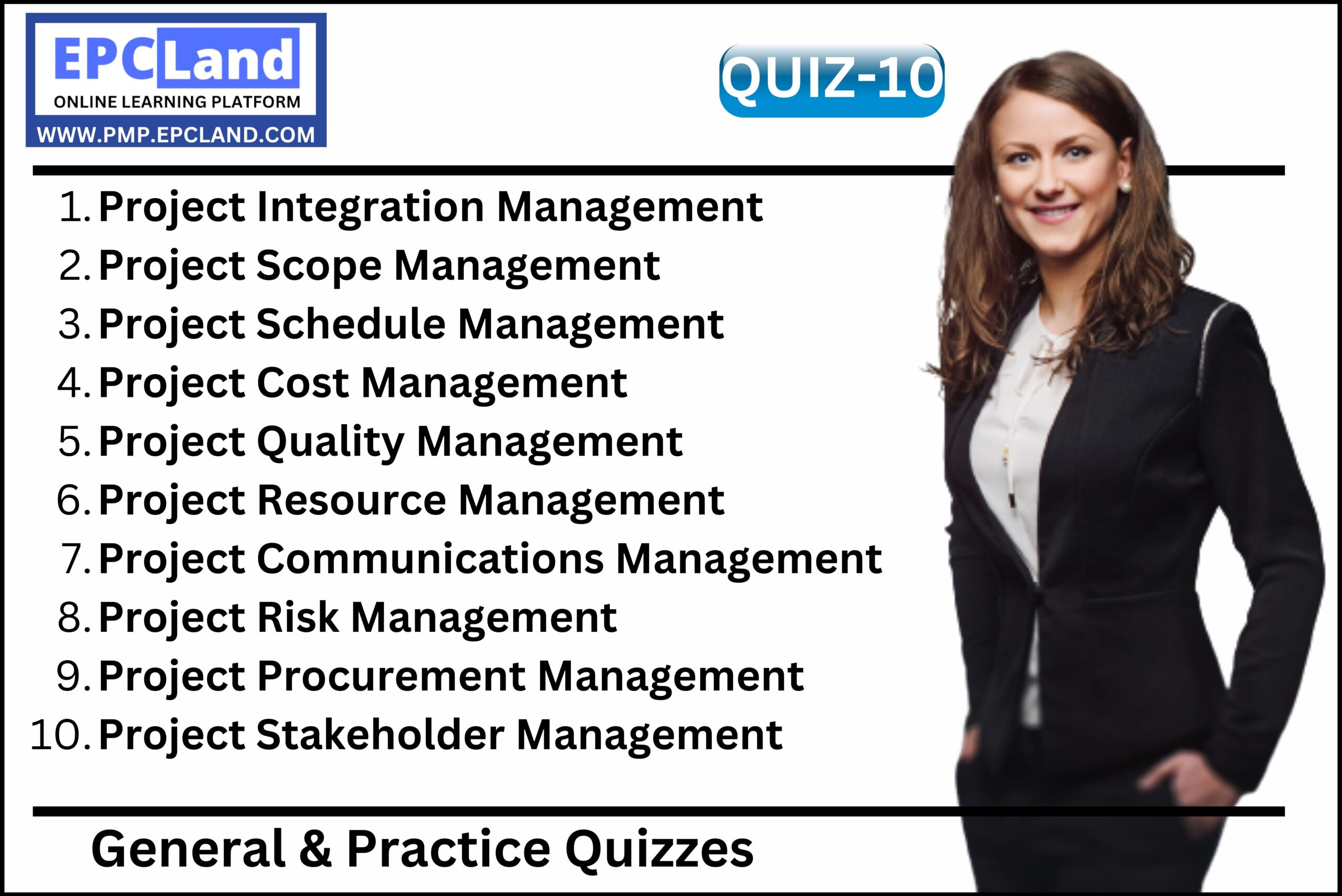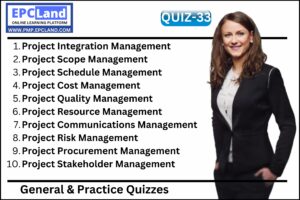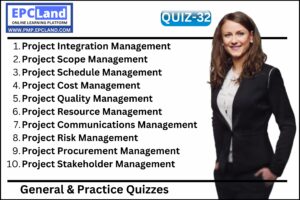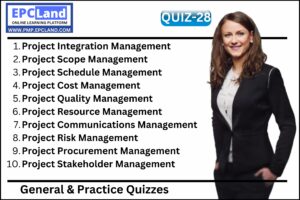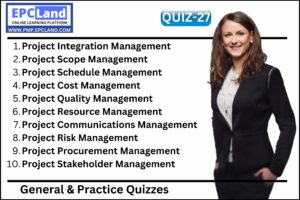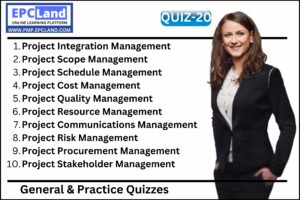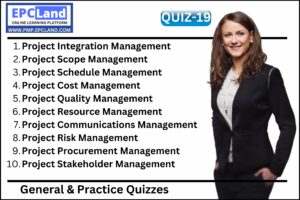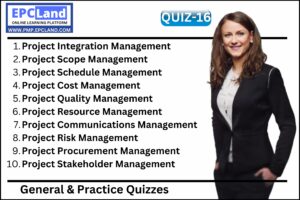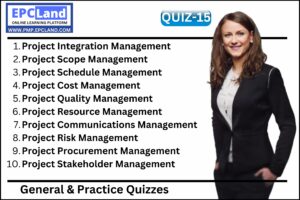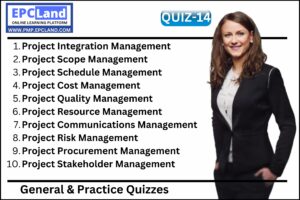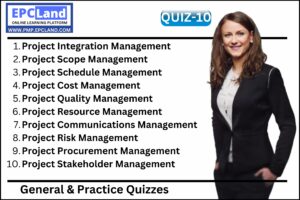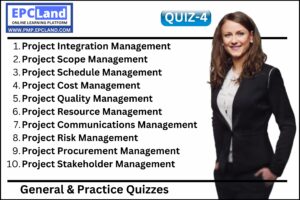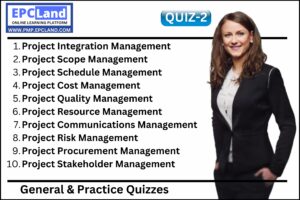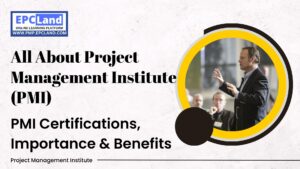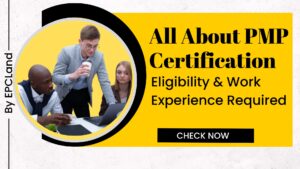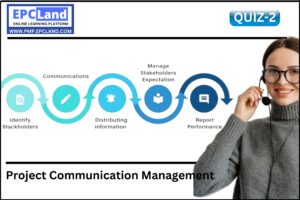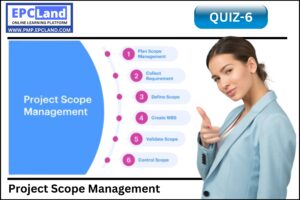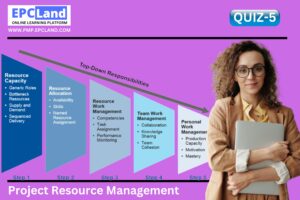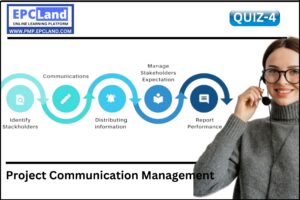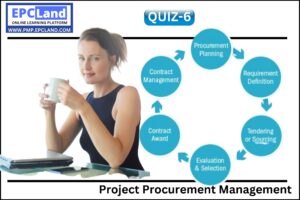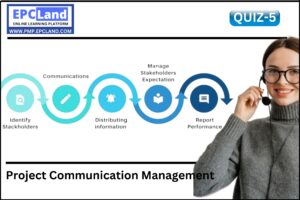1.
A company is about to begin work on a large construction project to build four new buildings for a bank that wants to open new branches. The sponsor is writing a project charter. She recalls that a previous project the company performed for another bank ran over budget because the team had underestimated the effort required to install the reinforced walls in the vault. The previous project manager had documented the details of the lessons learned from this project. Where should the sponsor look for these lessons learned?
2.
You are working on a construction project. You, your team, and your senior manager all feel that the work is complete. However, one of your important clients disagrees, and feels that one deliverable is not acceptable. What is the best way to handle this conflict?
3.
You’re managing a construction project to install several hundred air conditioner panels in a new office building. You have completed 350 panels out of a total of 900 planned panels, but according to your schedule you should have completed 400 of them. Your company’s contract states that you’ll be paid a fixed price of $75 per panel. You’ve spent $45,000 so far on the project. Which of the following best describes your situation?
4.
Which of the following is not a type of communication?
5.
The customer has reviewed the deliverables of a project and finds that they are acceptable, and must now communicate that acceptance to the project manager. Which form of communication is appropriate?
6.
Which of the following is not found in a project charter?
7.
You need to determine when to release resources from your project. Which part of the Staffing Management plan will be most useful for this?
8.
Your team has identified a risk with some of the chemicals you are using on your highway construction project. It is really difficult to mix them just right and, based on past projects, you’ve figured out that there’s a high probability that about 14% of the chemical supply will be lost in mixing problems. You decide to buy an extra 15% of the chemicals up front so that you will be prepared for those losses and your project won’t be delayed. Which response strategy are you using?
9.
A notice sent to a subcontractor about the contract is an example of which kind of communication?
10.
A project manager is planning the staffing levels that will be needed through the course of her project. She figures out the number of people that will be needed in each role over time and displays that information in a chart as part of her Staffing Management plan. What is that chart called?

